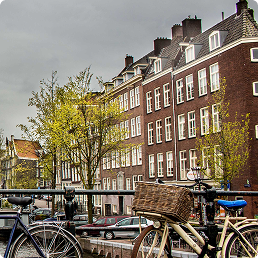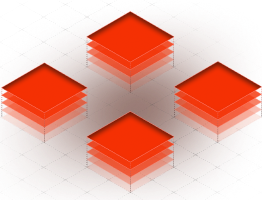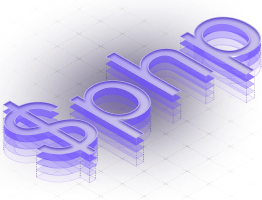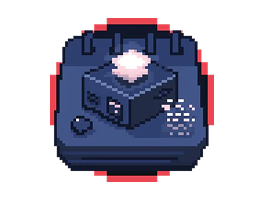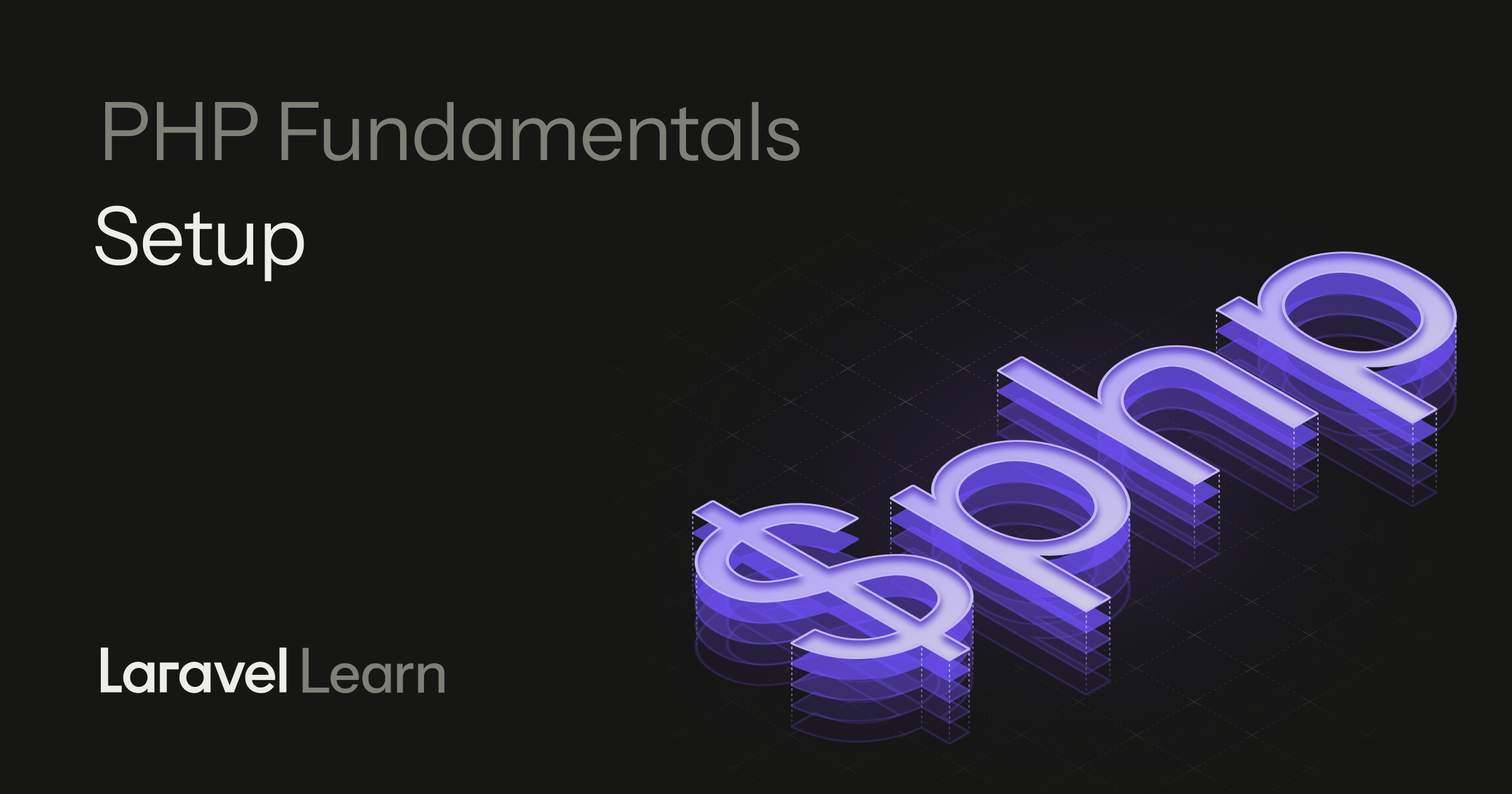Thinking about learning PHP in 2025? Let me show you why that's a brilliant choice.
PHP has been around for decades and powers over 75% of the web. Yes, that means it's an old language - but that's actually a strength. Languages that survive and thrive this long do so for good reasons: they solve real problems, they're reliable, and they have proven themselves in production. PHP has transformed dramatically in recent years. PHP 8.0 brought significant performance improvements with its JIT compiler and constructor property promotion for cleaner class syntax. PHP 8.1 introduced fibers for better concurrency, and PHP 8.2 added readonly classes. It's now incredibly fast, features modern syntax, and with the PHP Foundation driving its development, the language is more active than ever.
What makes PHP special is how approachable it is. You can start building real projects within days. But PHP grows with you - it's equally capable of powering complex enterprise applications serving millions of users.
The ecosystem is massive, centered around Composer (PHP's package manager) and Packagist (the main package repository) with over 300,000 packages available. Whatever you're building, there's probably a package for that.
And then there's Laravel, which takes PHP to the next level. Whether you're building a full-stack application or integrating Vue or React frontend, Laravel makes complex features feel simple while following modern development practices.
